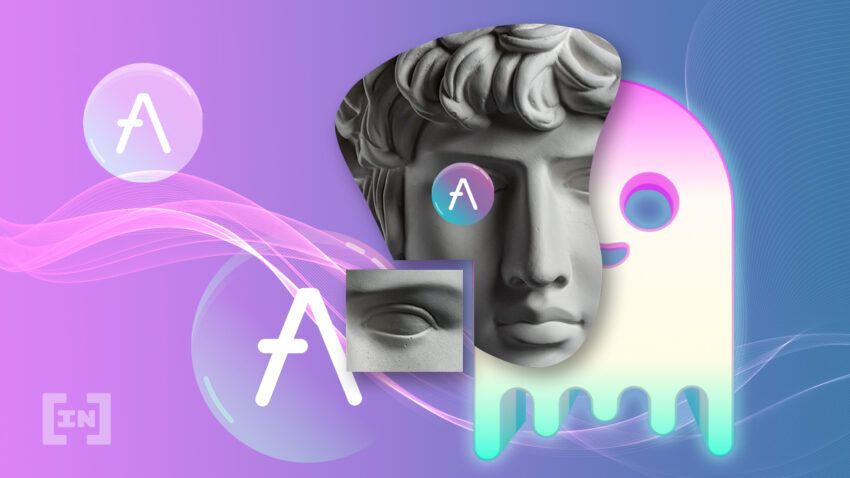A snapshot vote on the Aave DAO’s proposal to introduce a new decentralized stablecoin dubbed GHO revealed the community’s reaction.
The proposal to introduce the GHO stablecoin was put forward to the AAVE community in early July 2022, after which it received a mostly positive response.
Aave is a decentralized protocol that allows users to lend and borrow cryptocurrencies in turn for receiving and paying fees. It is a peer-to-peer service that sets lending and borrowing rates and matches lenders to borrowers using an algorithm.
According to the proposal, “Facilitators” are other protocols that will have the ability to mint GHO ‘trustlessly,’ provided a loan-to-value collateral ratio is met. When a user pays back the loan or has their position liquidated, the facilitators will burn the minted GHO tokens. The number of tokens facilitators can mint will be limited to “buckets” that AAVE governance will vote on.
All interest repaid will go to the DAO treasury. If the GHO stablecoin is approved through an Aave Improvement Proposal, GHO will be managed using Aave governance methods. The Aave governance token is an Ethereum-based token allowing holders to vote on proposals.
The coin will operate similarly to an algorithmic stablecoin where $1 of the stablecoin is minted in return for $1 worth of cryptocurrency.
AAVE community responds
In response to the proposal, the DAO community raised concerns about Aave DAO setting the interest rates and the importance of limits on the supply of the GHO token.
The community also highlighted the importance of a module responsible for maintaining GHO’s peg to the U.S. dollar and stressed the importance of adequately screening facilitators.
If approved by the community, the first facilitator will be the new Ethereum protocol when it switches over to a less energy-intensive consensus mechanism called proof-of-stake.
A separate proposal will be created to set a starting state for GHO.
Celsius paid collateral to access locked tokens before bankruptcy filing
Aave is unlike more centralized lenders like the recently defunct Celsius. In centralized lending, the operation of the borrowing and lending is opaque and usually dictated by a few centralized voices. In Celsius’ bankruptcy filing, it was evident that the company borrowed money without putting up any collateral that lenders could liquidate.
On decentralized platforms, where intermediaries and a top-down hierarchy are absent, the 100% or more requisite collateral gives the lender an idea as to the pedigree of the borrower. The lack of a middleman means much lower returns for lenders than a company like Celsius would offer.
Ironically, a few days before declaring bankruptcy, Celsius started repaying loans taken from Maker and Aave to unlock collateral.
Disclaimer
In adherence to the Trust Project guidelines, BeInCrypto is committed to unbiased, transparent reporting. This news article aims to provide accurate, timely information. However, readers are advised to verify facts independently and consult with a professional before making any decisions based on this content. Please note that our Terms and Conditions, Privacy Policy, and Disclaimers have been updated.


